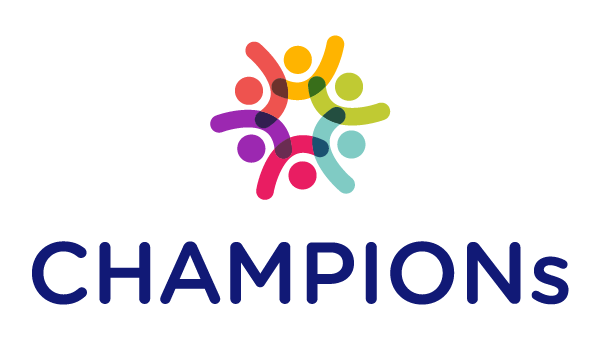CHAMPIONs

CHAMPIONS: First roundtables implemented in Germany, Poland, Romania and Hungary
The CHAMPIONs project partners implemented the initial series of roundtables in Germany, Poland, Romania and Hungary to kickstart the development of permanent offline working groups for discussing radicalization and polarization. The roundtables were designed to address specific local issues, and to build trust among participants for future collaboration within the project.
The CHAMPIONs project partners successfully implemented the first set of national roundtables with first-line practitioners (FLPs) in Germany, Poland, Romania and Hungary. The roundtables brought together practitioners of different disciplines, professions, and institutions to develop effective solutions to counter polarization and radicalization. The goal of the project is to develop permanent offline working groups who can tackle these issues jointly. The roundtables were organized around different themes to address local issues.
In Hungary, Political Capital (PolCap) and the Foundation for international Prevention of Genocide and Mass Atrocities (BCMAP) organized a roundtable that involved participants from the local municipality in Budapest, and representatives from police, education institutions, the church and civil society organizations. The participants discussed issues of polarization and radicalization in the district of Józsefváros, with special emphasis on discrimination of Roma and Sinti, as well as housing problems and the marginalization of vulnerable groups.
In Germany, Cultures Interactive e.V. organized a roundtable for social workers, youth workers and NGO staff who work in the field of prevention. The roundtable, which took place in the district of Berlin-Neukölln, addressed the issues of right-wing and religious extremism. The main aim was to support practitioners in dealing with group-focused hate within their local communities.
In Poland, the roundtable organized by the Institute of Social Safety (IBS) focused on team-building activities for different departments of the city council of Dąbrowa Górnicza and civil society groups, in order to build trust among participants. The participants enhanced their collaborative work on increasing safety in the city and on developing strategies for the prevention of radicalization in schools.
The roundtables organized by the Peace Action, Training and Research Institute of Romania (PATRIR) included first-line practitioners from the city of Cluj-Napoca, such as social workers, teachers, NGO workers, police, and academics, among others. The first roundtable provided an opportunity for participants to get informed about the topic of social inclusion and to get to know each other. The next roundtables will address group-focused hatred against Roma and Hungarian minorities and other marginalized groups.
The series of roundtables have been the start of continuing engagement with First-line practitioners in offline working groups, which will continue throughout the course of the project.
Links
https://www.championsproject.eu/
Keywords
First-line practitioners, radicalization, polarization, national roundtables, Germany, Poland, Romania, Hungary





